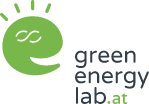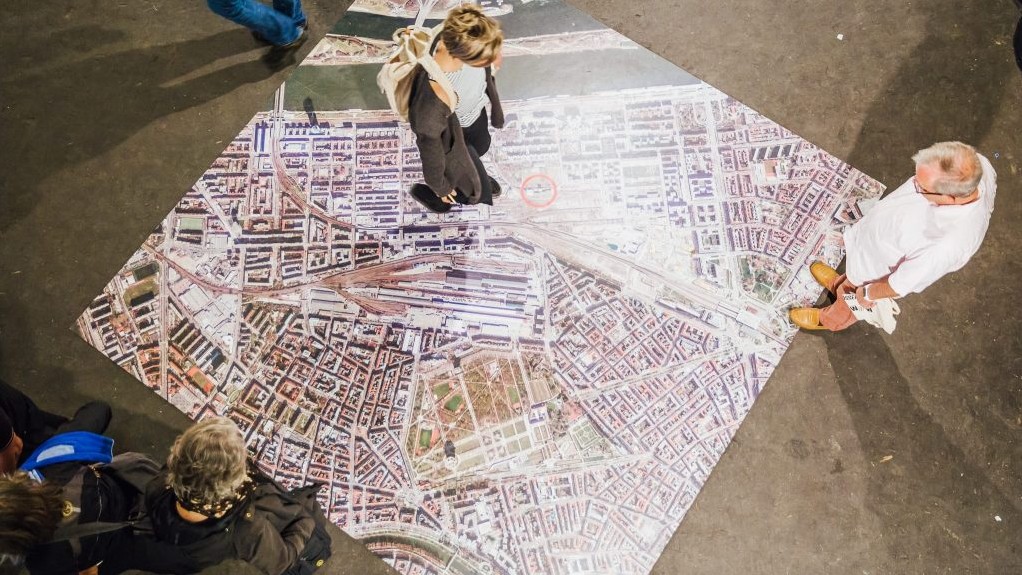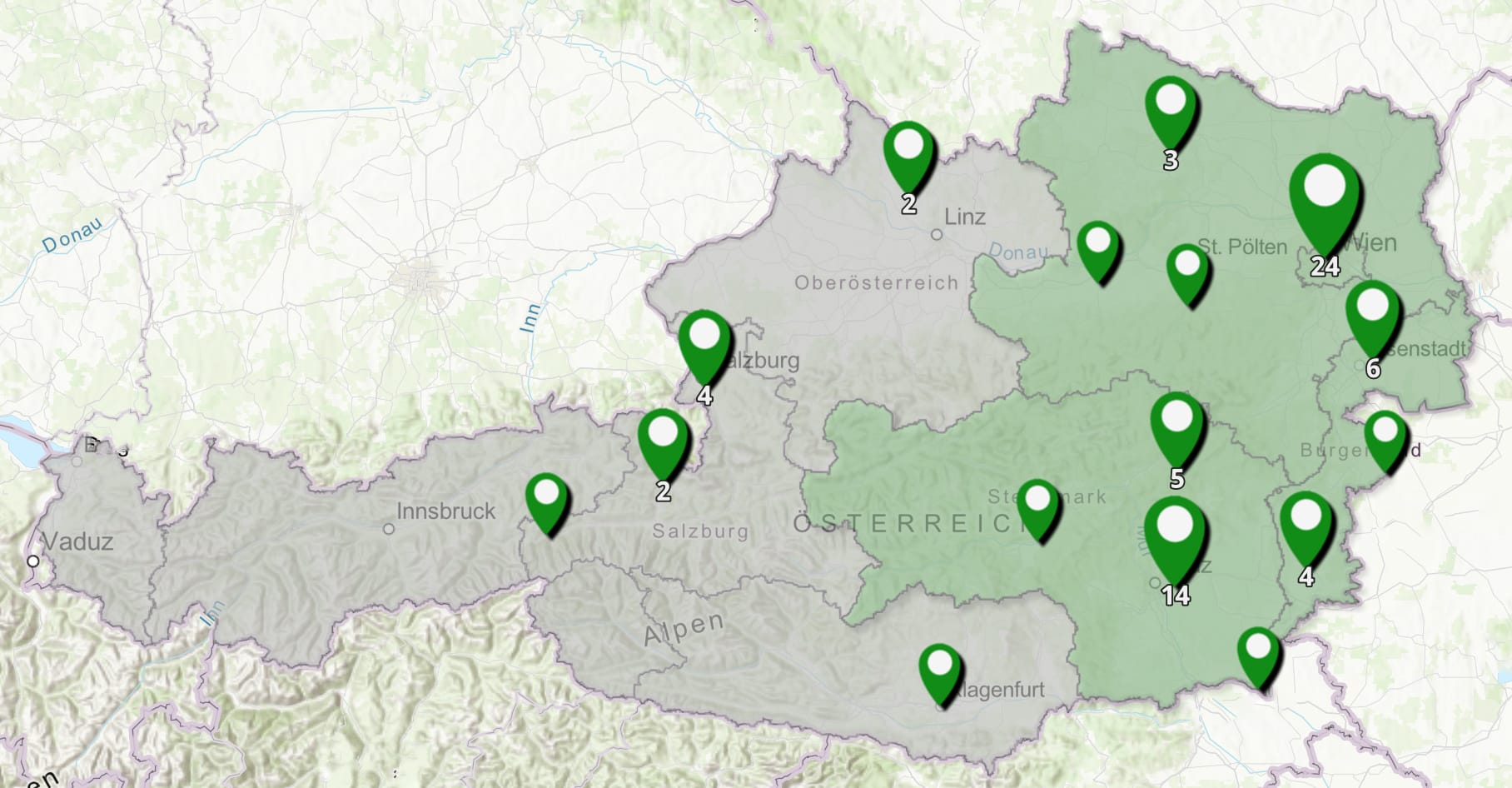Hybrid LSC
Holistic sustainability for settlement areas through an optimal mix of technical, economic and social measures
Objective of the Hybrid LSC project
At the center of the “Hybrid LSC” project was an economy of sharing; on the one hand it was about the well-known approaches by sharing energy, such as joint energy generation, use and storage and on the other hand it was about the sharing of local resources and other supply and disposal services. Local Sustainable Communities (LSCs – local sustainable communities) should generate the greatest possible benefit at the superordinate system level by stimulating and technically implementing a holistic sustainability approach in the individual communities. This sustainability approach not only included the energy system, but the entire handling of all resources – for example, water and waste were also included.
For the success of the project, intelligent control strategies were developed to optimize the demand for energy and other supplies, such as heat, cold, mobility, water and waste, within an LSC. In addition, these strategies provided the greatest possible flexibility for the energy system and did so in an efficient, effective and economical manner. This had positive macroeconomic, socio-economic and ecological effects. Citizens and stakeholders (municipalities, planning authorities, property developers and other parties involved) were involved in the project. The concept is applicable to all types of settlements, whether in rural or urban areas.
Approach and methodology of the Hybrid LSC project
The aim of the project was to find and implement an optimal mix of technological and economic measures for the respective settlement areas. At the end of the project, a positive effect should be determined, both economically as well as socially and ecologically.
- In the LSC – Puchstrasse application, for example, a former industrial area was transformed into a flexible, efficient Local Sustainable Community. The focus here was on optimized interaction between locally generated renewable energy, storage and consumption patterns. Highly innovative building technologies such as heat pumps, which can be fed from various sources, or facade-integrated PV were used. The concept took a user-centered approach to implementation.
- In the LCS Vienna application, the component activation of a building functioned for the first time as storage for the public district heating system. This second demo location was in an urban development area in Vienna.
Further locations were apartment buildings and settlements in Lower Austria and municipalities in Burgenland.
Depending on the type of application and the size of the system, the technologies required for LSC integration were already available on the market. In the Hybrid LSC project, algorithms and interfaces for the integration and connection of individual energy technologies and beyond were developed. A digital platform for all supply and disposal services in a settlement area was designed that will function as an intelligent “one-stop shop” for the participants in the Local Sustainable Community. It was essential that the project pursued a holistic approach that goes beyond the energy system (e.g. water and waste) and also takes social aspects into account.


